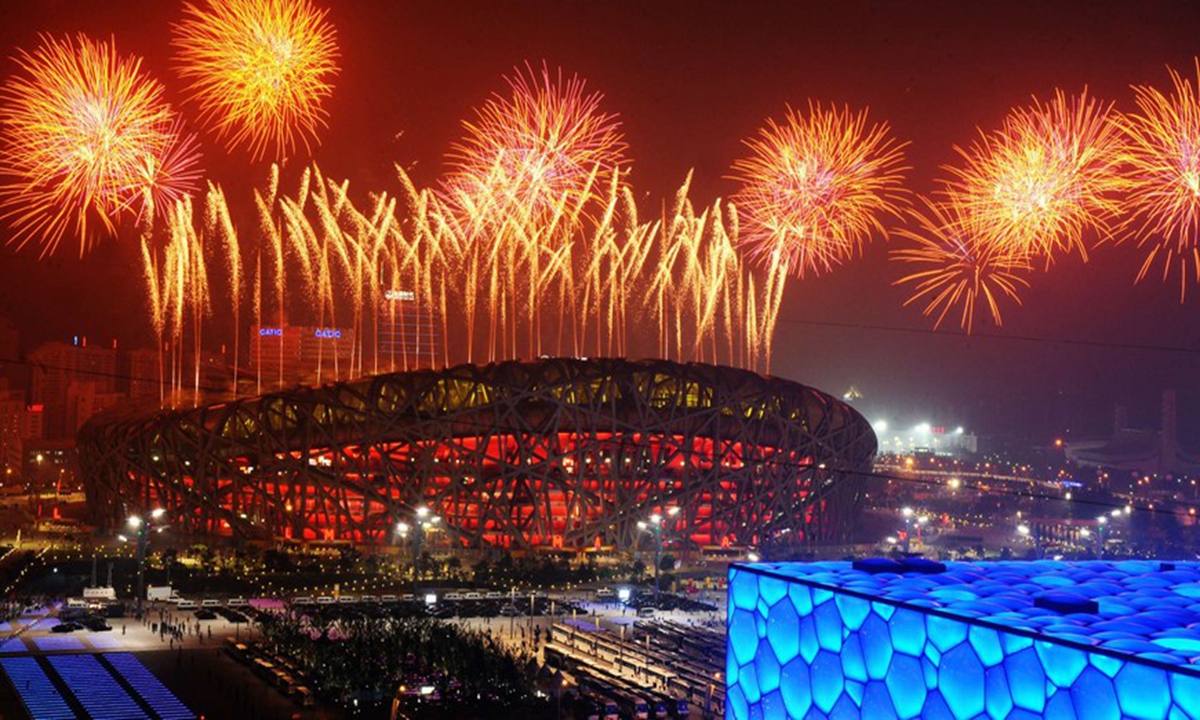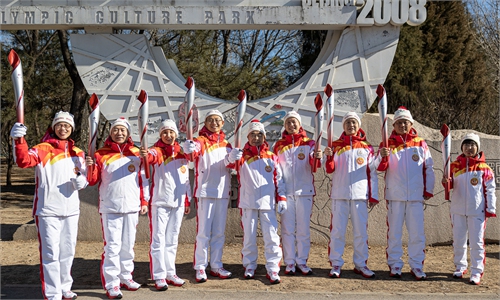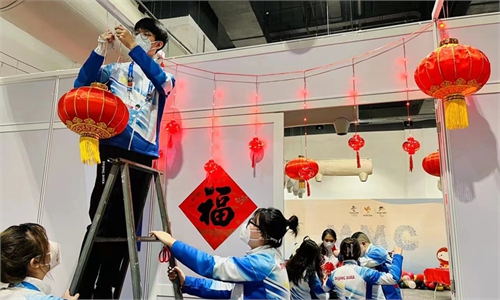SPORT / MISCELLANY
Why opening ceremony for Beijing 2022 falls on ‘lichun’

The opening ceremony of the Beijing 2008 Summer Olympics took place at the National Stadium (Bird's Nest) in Beijing, August 8, 2008. Photo: Xinhua
The opening ceremony for the Beijing Olympic Winter Games kicked off on February 4, the date also marks "lichun," a solar term indicating the start of springtime in Chinese traditional culture. But why does it have to be "lichun" and what does the solar term mean?The term "lichun" is a symbol of the end of winter and suggests an embracing of the beginning of the year and awakening of the creatures on Earth. As a Chinese proverb goes: A year's planning starts with the spring. For Beijing, it is a good sign for such an international gala to be held under this term.
In China, a total of 24 solar terms based on Chinese Lunar Calendar reflect changes in climate, and they have been considered as the most important measuring tool for Chinese farmers for centuries, who make their everyday wage with crops.
This day is always regarded as important in the country as spring is thought to be the most vibrant time of the whole year because it signals birth and rebirth. Therefore, on the day of "lichun," people often hold certain ceremonies and events which involve prayers for a prosperous coming year.
As the first of the 24 Chinese solar terms, experts on Chinese folk customs believe that it is not only romantic to mark the beginning of the ice and snow sport games, but also a very good omen for the upcoming event. The timing of 'lichun' is perfectly matched with the slogan together for a shared future. The Games will be a great opportunity for China to present its ancient traditional culture to the world, to better know and understand China.
"Lichun" was once celebrated as a highly valued national festival by people in ancient times, where a string of celebratory events would be held on the day, ranging from sacrificial activities to feasts.
Unlike modern times where the Spring Festival and "lichun" are two different celebration dates in China, there was a period time where people had once celebrated the Spring Festival on the day of "lichun" from the Han Dynasty (206BC-AD220) until 1914, three years after the 1911 Revolution, which ended over 2,000 years of imperial rule.
Global Times



